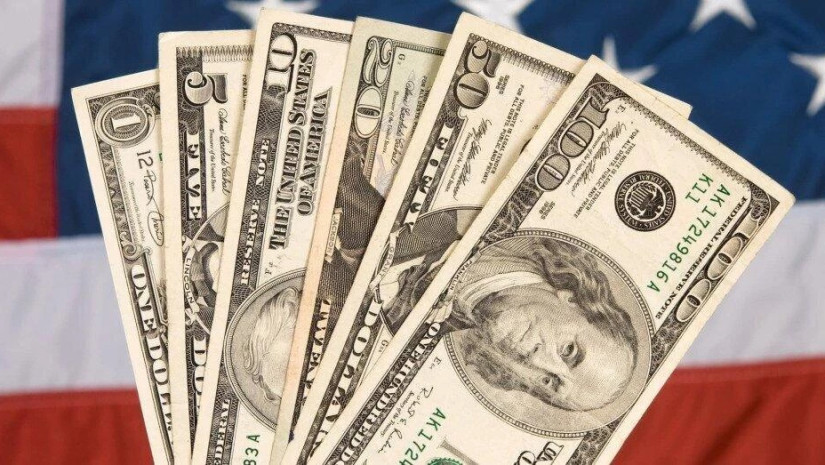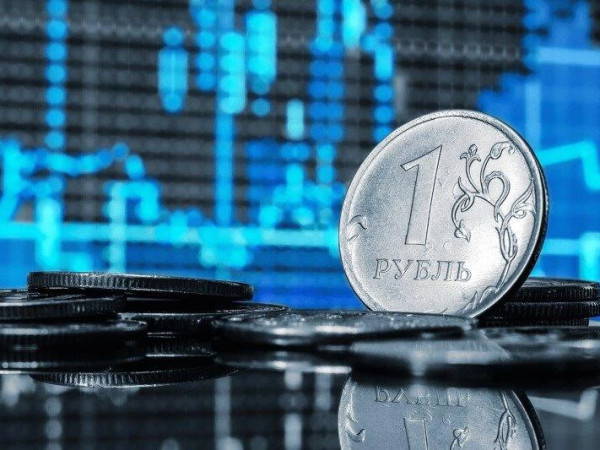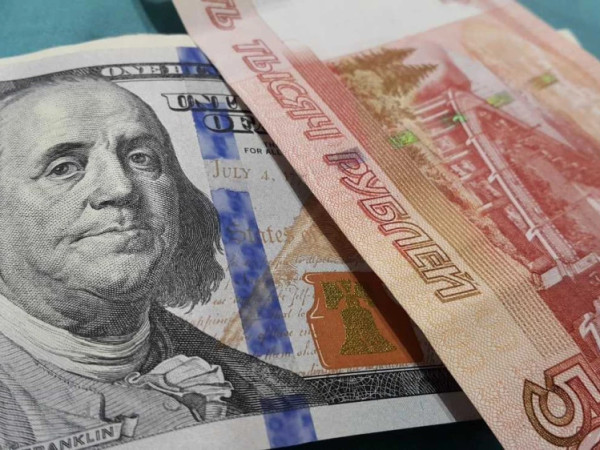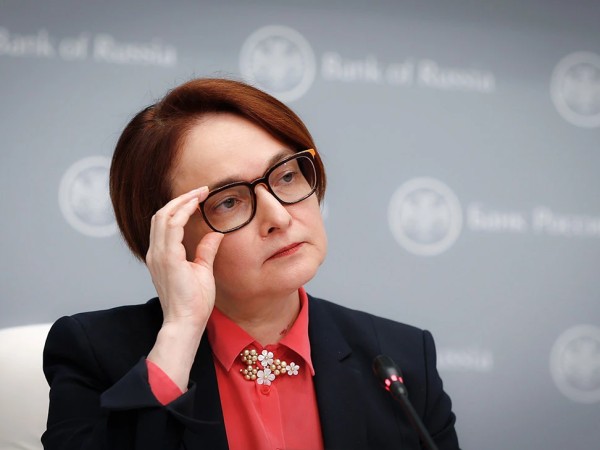Russian authorities are cracking down on private trading of foreign currency in cash.
Personal transactions are quickly disappearing into the shadows after the Central Bank banned the sale of dollars and euros at banks and exchange offices. The Central Bank has also banned people from withdrawing more than the cash equivalent of $10,000 from their Russian bank accounts.
According to the RBC news website, the Federal Tax Service and the Interior Ministry have instructed local authorities to uncover illegal currency sales negotiated on Telegram, social media and through personal ads.
Currency transactions conducted outside banks poses a "threat to the stability" of the ruble and the "stability of the foreign exchange market," the Federal Tax Service wrote in a letter to local tax authorities.
An agreement on interdepartmental cooperation signed in 2010 permits the local police to help uncover "underground currency dealers."
Currency transactions outside authorized banks is an administrative offense. Violators face a fine of 75% to 100% of the amount of the illegal transaction or even confiscation of the entire amount by court decision.
Major currency traders who sell at rates above the official exchange rates face criminal liability.
"If the trader makes a profit of more than 2.25 million rubles from his sales, he can also be prosecuted <...> under Article 172 of the Criminal Code for illegal banking activities,” Yuri Fedyukin, managing partner of the law film Enterprise Legal Solutions, told The Moscow Times. “The punishment is imprisonment for up to four years. It can be up to seven years if his income exceeds 9 million rubles," he said.
For administrative violations, both the seller and buyer are liable, he said.
The Central Bank introduced tough currency restrictions on March 9 after Western countries froze Russia's international reserves and the U.S. and EU halted the cash transfer of dollars and euros to Russia.
The restrictions were introduced after a run on currency withdrawals from Russian banks.
According to the Central Bank, private customers withdrew $9 billion from their accounts and deposits in February — an all-time high in the history of available statistics.
The largest jump in withdrawals took place during the last few days of the month, after the war in Ukraine began, The Moscow Times reports.















